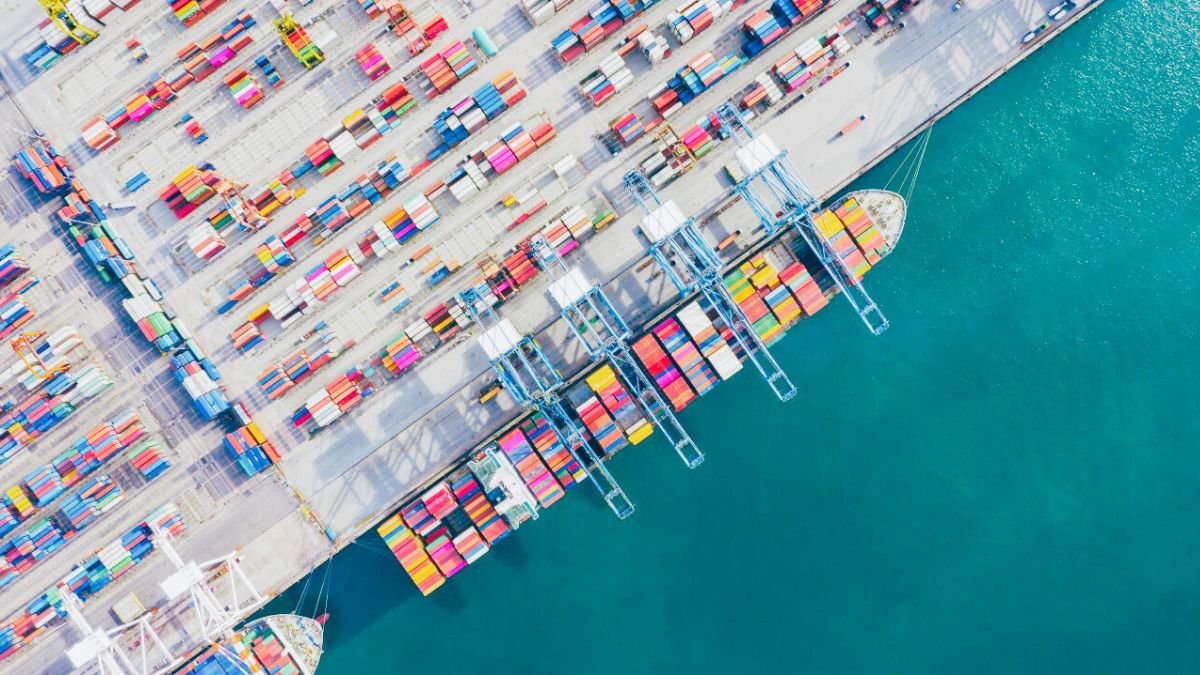EU Pushes for Wine and Spirits Exemption in New US Trade Deal.
Brussels presses for zero tariffs on key exports as a broader, non-binding trade agreement with a 15% baseline tariff takes shape.

Brussels, Belgium – The European Union is intensifying efforts to exempt its significant wine and spirit exports from a new 15% tariff imposed by the United States, according to an EU official.[1] As both sides work to finalize a recently negotiated trade agreement, the fate of these iconic European products hangs in the balance.
Just last month, U.S. President Donald Trump and European Commission President Ursula von der Leyen announced a framework for a trade deal that sets a 15% baseline tariff on the majority of EU exports to the U.S. This agreement successfully averted a trade war and even lowered the tariff on European cars from 27.5% to the new 15% rate. However, for European wine and spirits, the new baseline represents an increase from a previous 10% tariff.
Starting August 1, the 15% levy is expected to apply to all EU wine and spirits, a move that producers warn could be “extremely disruptive.”Ignacio Sanchez Recarte, secretary-general of the European wine producers group CEEV, cautioned that the tariff, combined with currency exchange rates, could lead to a financial burden of up to 30%, halting investments and reducing exports.
Despite the tariff taking effect, EU negotiators are fighting “for every product and every industry” to get as many goods as possible onto an exemption list. A Commission spokesperson confirmed the EU’s determination to secure “carve-outs” for products like wine and spirits, though it was not expected they would be included in the first round of exemptions. French politicians have been particularly vocal, calling for alcoholic beverages to be exempt from the baseline tariff.
Beyond wine and spirits, the EU is also pushing for zero tariffs on a range of other products, including medical devices and chemicals. There are positive indications for some sectors, with reports suggesting that cork, aircraft and their parts, and some agricultural products could be on the list for zero-for-zero tariffs.
The 15% baseline tariff is an “all-inclusive” rate, meaning it will not be added on top of existing tariffs. However, separate and more complex negotiations are ongoing for steel and aluminum, which currently face a 50% tariff, with both sides working towards a quota system.
The U.S. is also conducting investigations into other sectors like pharmaceuticals and semiconductors. While these products may face a temporary 0% tariff, any future duties on EU exports in these areas are expected to be capped at 15%.
To foster a positive negotiating environment, the EU has suspended its retaliatory tariffs on U.S. goods for six months. Both the EU and the U.S. are in the final stages of drafting a joint statement to formalize the political agreements reached.
While the EU is open to streamlining compliance with its regulations, officials have stated there will be no compromise on the enforcement of the Digital Markets Act (DMA). The landmark law, designed to regulate the power of major tech companies, has been a point of contention with the Trump administration.






